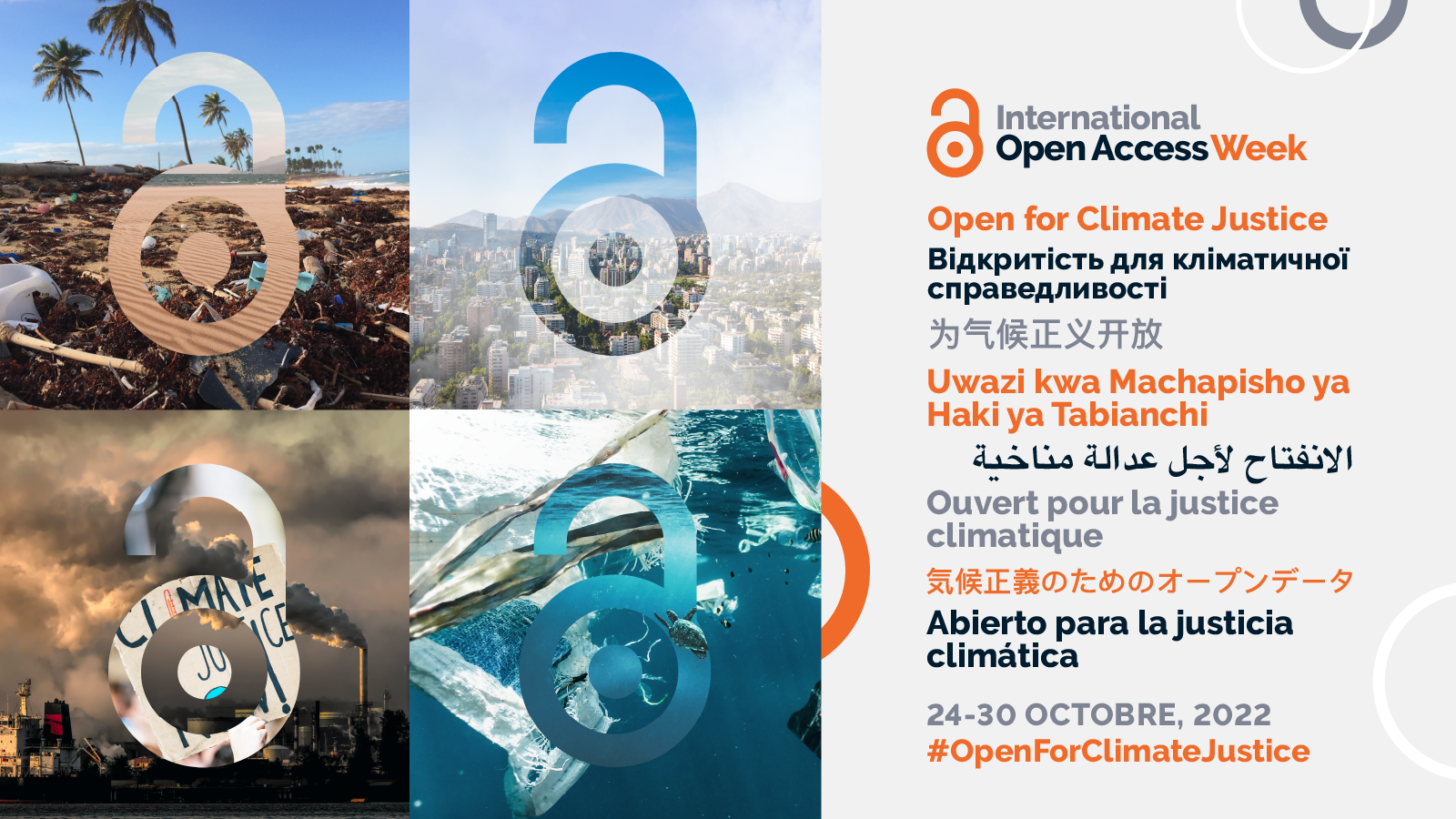
by Caroline Winter | 17 November 2023 | English, Observations, Observations and Responses
Research security—the ability to identify risks to research processes and outputs and take measures to mitigate them—is a longstanding concern for the research community and its stakeholders, from individuals to national governments. Although openness and collaboration are essential for advancing research, greater openness can also lead to greater risks. Securing digital data, knowledge, and other intangible outputs is especially challenging. This was made evident during the COVID-19 pandemic, when the pivot to virtual work environments and unprecedented levels of global collaboration and research sharing was accompanied by increased security threats (see “Open Scholarship and COVID-19”).

by Caroline Winter | 17 March 2023 | English, Observations, Observations and Responses
For the past decade or more, a trend has been observed in the scholarly communications ecosystem toward market consolidation, with fewer companies owning increasing shares of the market. A study by Data Think estimated that, in 2021, very large publishers (those with more than 500 journals) accounted for only 0.06% of the publishers in their study but published nearly half—47%—of all articles (Pollock 2022). This increasing market consolidation has raised concerns in the open scholarship community and in the broader academic community.

by Caroline Winter | 27 January 2023 | English, Observations, Observations and Responses
The 15th annual International Open Access Week ran from October 24–30. This year’s theme was “Open for Climate Justice,” acknowledging that the widespread effects of climate change are experienced differently by different groups of people. One of the ways this injustice manifests is through inequitable levels of access to knowledge and information about climate change, so open access (OA) “can create pathways to more equitable knowledge sharing and serve as a means to address the inequities that shape the impacts of climate change and our response to them” (“Theme” 2022).

by Caroline Winter | 6 January 2023 | English, Observations, Observations and Responses
In March 2022, Science Europe, cOAlition S, Open Scholarly Communication in the European Research Area for Social Sciences and Humanities (OPERAS), and the French National Research Agency announced the release of an Action Plan for Diamond Open Access (Ancion et al. 2022). This Action Plan includes recommendations for supporting and expanding the diamond model of open access (OA). Whereas gold OA refers to publications made openly available to read on journals’ websites (often, though not necessarily, supported by article processing charges or APCs) and green OA refers to publications made free to read through deposit in a repository, diamond OA refers to publications that are free for readers and for authors (see “What are the Different Types of Open Access” from Open Access Australasia).

by Caroline Winter | 9 December 2022 | English, Observations, Observations and Responses
On August 25, 2022, the US Office of Science and Technology Policy (OSTP) released a memo called Ensuring Free, Immediate, and Equitable Access to Federally Funded Researchand an accompanying media release. This memo, dubbed the Nelson Memo after Alondra Nelson, then acting Director of the OSTP, outlines public access (open access, OA) policy guidance for US federal agencies that fund research and development. Also released in August 2022 was the OSTP report Economic Landscape of Federal Public Access Policy, which examines potential economic effects of making federally funded research open access upon publication.





